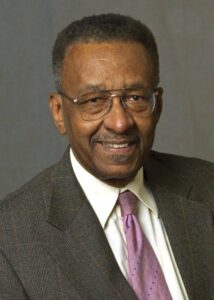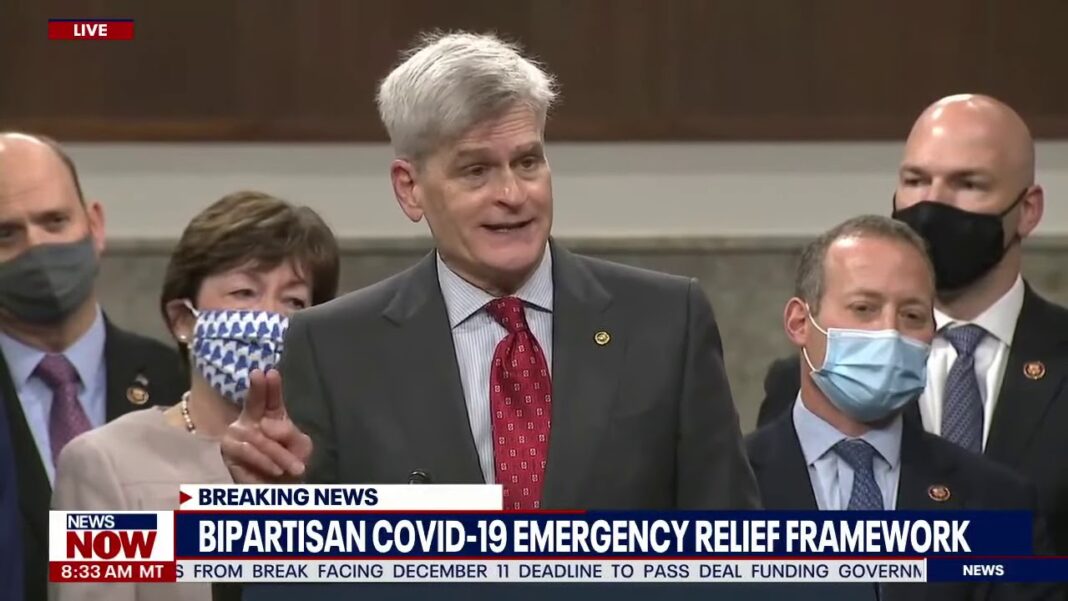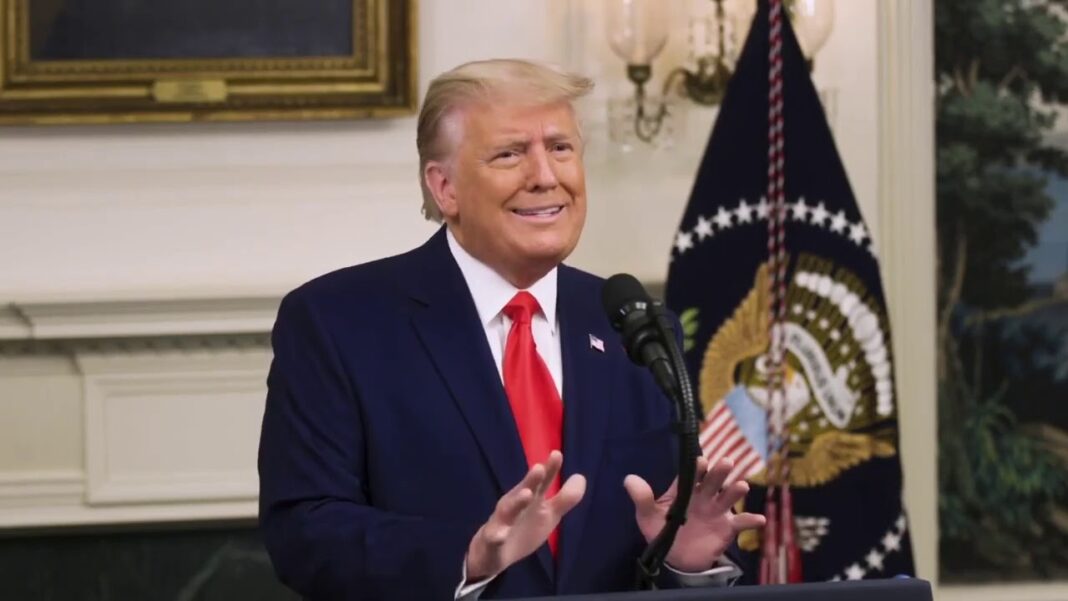“Congress has not unlimited powers to provide for the general welfare, but only those specifically enumerated.” – Thomas Jefferson

Walter E. Williams was born in West Philadelphia, Pennsylvania, on March 31, 1936 and raised, along with his sister, by his mother. At the age of 10 they moved to the Richard Allen housing project in North Philadelphia where a young Bill Cosby also lived. He graduated from Benjamin Franklin High School and moved to California to live with his father and attended Los Angeles college for one semester. Moving back to Philadelphia, he drove a taxi for Yellow Cab Company. He was drafted into the army in 1959 and was a private in the U.S. Army. Stationed in the south, “waged a one man battle against Jim Crow from inside the army”. With a strong sense of what he felt was right, he didn’t hesitate to speak out against Jim Crow to his fellow soldiers, challenging racial order. His outspokenness got him court martialed. He argued his own case and was found not guilty. Before he could bring counter charges against, he was transferred to Korea. In Korea, Walter filled out his personnel form and marked his race as “Caucasian”. He was immediately challenged and replied wryly that if he had marked “Black”, he would end up working all the worst jobs. From Korea, Walter E. Williams wrote a letter to President John F. Kennedy where he denounced the pervasive racism in the American government and in the military and questioned the actions black Americans should take given the state of affairs. In the letter he wrote:
Should Negroes be relieved of their service obligation or continue defending and dying for empty promises of freedom and equality? Or should we demand human rights as our Founding Fathers did at the risk of being called extremists. . . . I contend that we relieve ourselves of oppression in a manner that is in keeping with the great heritage of our nation.
He actually received a response from the Deputy Assistant Secretary of Defense, Alfred B. Fitt, and felt it was “the most reasonable response that I received from any official.”
After finishing his military service, he served as a juvenile group supervisor for the Los Angeles County Probation Department from 1963 to 1967. He resumed his education, earning a bachelor’s degree in economics from California State College at Los Angeles in 1965. He earned both his master’s degree (1967) and his Ph.D. (1972) in economics from the University of California, Los Angeles (UCLA). His doctoral thesis was titled The low-income market place.
While in college Williams discusses his political beliefs at the time saying, “I was more than anything a radical. I was more sympathetic to Malcolm X than Martin Luther King because Malcolm X was more of a radical who was willing to confront discrimination in ways that I thought it should be confronted, including perhaps the use of violence. But I really just wanted to be left alone. I thought some laws, like minimum-wage laws, helped poor people and poor black people and protected workers from exploitation. I thought they were a good thing until I was pressed by professors to look at the evidence.” He was given plenty of this evidence while at UCLA, coming into contact with economists such as Armen Alchian, James M. Buchanan, and Axel Leijonhufvud who challenged his assumptions.
Thomas Sowell became a visiting professor at UCLA in 1969. Williams never took a class from Dr. Sowell, but the two met and began a friendship that lasted for decades. In the summer of 1972, Sowell was hired as director of the Urban Institute’s Ethnic Minorities Project, and Williams immediately joined the project. Thomas Sowell included correspondence between Sowell and Williams in his 2007 “A Man of Letters” piece.
Biography of Walter E. Williams
Dr. Walter E. Williams held a B.A. in economics from California State University, Los Angeles, and M.A. and Ph.D. degrees in economics from UCLA. He also held a Doctor of Humane Letters from Virginia Union University and Grove City College, Doctor of Laws from Washington and Jefferson College and Doctor Honoris Causa en Ciencias Sociales from Universidad Francisco Marroquin, in Guatemala, where he was also Professor Honorario.
Dr. Williams served on the faculty of George Mason University in Fairfax, Virginia, as John M. Olin Distinguished Professor of Economics, since 1980; from 1995 to 2001, he served as department chairman. He also served on the faculties of Los Angeles City College, California State University Los Angeles, and Temple University in Philadelphia, and Grove City College, Grove City, PA.
Dr. Williams was the author of over 150 publications which have appeared in scholarly journals such as Economic Inquiry, American Economic Review, Georgia Law Review, Journal of Labor Economics, Social Science Quarterly, and Cornell Journal of Law and Public Policy and popular publications such as Newsweek, Ideas on Liberty, National Review, Reader’s Digest, Cato Journal, and Policy Review. He authored ten books: America: A Minority Viewpoint, The State Against Blacks, which was later made into the PBS documentary “Good Intentions,” All It Takes Is Guts, South Africa’s War Against Capitalism, which was later revised for South African publication, Do the Right Thing: The People’s Economist Speaks, More Liberty Means Less Government, Liberty vs. the Tyranny of Socialism, Up From The Projects: An Autobiography, Race and Economics: How Much Can Be Blamed On Discrimination? and American Contempt for Liberty.
He made scores of radio and television appearances which include “Nightline,” “Firing Line,” “Face the Nation,” Milton Friedman’s “Free To Choose,” “Crossfire,” “MacNeil/Lehrer,” “Wall Street Week” and was a regular commentator for “Nightly Business Report.” He is also occasional substitute host for the “Rush Limbaugh” show. In addition Dr. Williams wrote a nationally syndicated weekly column that was carried by approximately 140 newspapers and several web sites. His most recent documentary is “Suffer No Fools,” shown on PBS stations Fall/Spring 2014/2015, based on Up from the Projects: An Autobiography.
Dr. Williams served as Emeritus Trustee at Grove City College and the Reason Foundation. He served as Director for the Chase Foundation and Americans for Prosperity. He also serves on numerous advisory boards including: Cato Institute, Landmark Legal Foundation, Institute of Economic Affairs, and Heritage Foundation. Dr. Williams served as Distinguished Affiliated Scholar at the Mercatus Center at George Mason University.
Dr. Williams received numerous fellowships and awards including: the 2017 Bradley Prize from the Lynde and Harry Bradley Foudation, the Fund for American Studies David Jones Lifetime Achievement Award, Foundation for Economic Education Adam Smith Award, Hoover Institution National Fellow, Ford Foundation Fellow, Valley Forge Freedoms Foundation George Washington Medal of Honor, Veterans of Foreign Wars U.S. News Media Award, Adam Smith Award, California State University Distinguished Alumnus Award, George Mason University Faculty Member of the Year, and Alpha Kappa Psi Award.
Dr. Williams participated in numerous debates, conferences and lectures in the United States and abroad. He frequently gave expert testimony before Congressional committees on public policy issues ranging from labor policy to taxation and spending. He was a member of the Mont Pelerin Society, and the American Economic Association.
Dr. Walter E. Williams passed away on on December 2, 2020 shortly after teaching a class at George Mason University. According to family, he had suffered from chronic obstructive pulmonary disease and hypertension.





